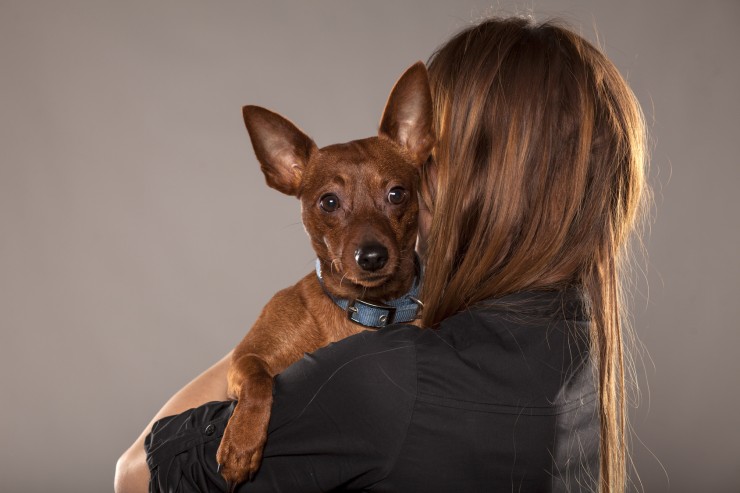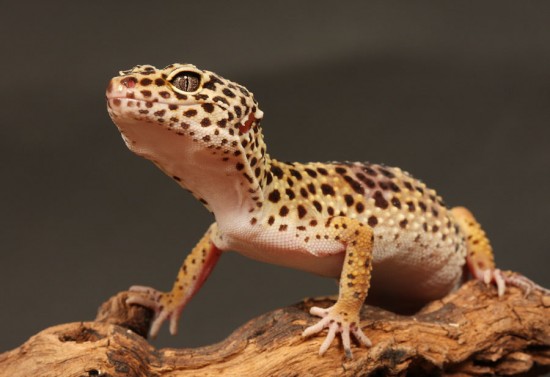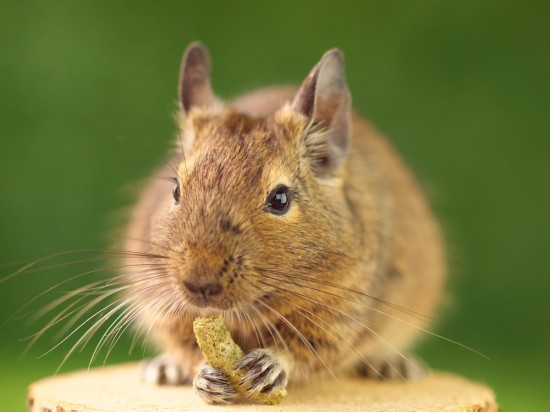

Moving home is a pretty stressful time for anyone – there is so much to pack up and organise. Animals too tend to know something is happening and get anxious about the strange things that are going on around the house. If you are a cat owner and have moved house, you know just how hard a change of environment can be on our feline friends.
If you are about to move home for the first time with your furry pal in tow, then you could be in for a bit of a worrying time. Cats love stability and they are never as happy as when they have a set routine in their lives. This suddenly goes straight out of the window when you move house, leaving your cat an unhappy creature for while.
Some cats develop a few curious behavioural problems when they get moved to a new home. Some will become very clingy whereas others may just want to run away and hide all of the time. But then there are certain cats that take everything in their stride and this includes being moved to a new abode. You need to make sure you have lots of familiar smells around your new home and not forgetting in the garden too. If you moved any outdoor pot plants, then make sure these are placed close to outside doors. If your cat escapes before you really want to let them out, they will smell familiar things around the outside of your home and will help get them back inside where they'll be safe again.
If you have two or more cats, and moved them all to your new home, then you might find the hierarchy suddenly changes. One cat might start beating up on the others when before there was never really a problem between them. Although all these behavioural problems can be quite worrying – they should pass in time. As mentioned before, cats love stability in their lives. If routines and environments suddenly change, then many cats start behaving differently too.
Cats in some ways can get more attached to where they live than they do to the people they live with – although this does depend on the character of the cat and the sort of relationship they have with their owners. Most of the time these weird behavioural problems are a cat's way of crying out for affection and reassurance. If you find your cat is desperate to rub their faces up against yours and all over everything they come across when they are settling in to your new home, this is because cats have scent glands which are found in their cheeks. Cats like to scent their domains, it makes them feel secure when they mark their territory.
You may also find that your cat suddenly likes to sit on your lap and dig claws into you. This kneading is something a cat does with their front feet and it's a sign they are happy and content – just as they were when they were with their mothers. The fact your cat does it more when you have moved house, is their way of looking for comfort and reassurance from you. Just remember to wear thick trousers when you get home at night. When you sit down and relax whilst watching a video with your cat on your lap it could be a lot more comfortable than if you don't!
You may find your cat craves more food too – the thing to remember is that cats like to eat a little at a time but they like to do this often during the day. A cat arriving in a new environment, may ask for more than the usual amount of food and they may do this more often than usual – again this is just a cats' way of asking for reassurance from their owners. One good idea is to leave a bowl of dried food down at all times so your cat can keep going back to it when they feel they need to.
It is never a good idea to let your cat out as soon as you move into your new home. You really should settle your furry friend in so they get to know the house and feel comfortable with their new environment. This may mean keeping your cat in for a few weeks – something they will not enjoy at all - especially if they are used to spending all day or a lot of the night outdoors. Your cat will get bored very quickly and will not be a very happy character for a while. Although during the colder weather, most domesticated cats prefer to stay in the warm so if you are moving home in the winter – it is not so much of a problem.
You cat won't like the idea of going back to using a litter tray either – but this is something they will have to do until you feel it is the right time to let them go outside again. However, during their time as 'prisoners' indoors, you may find your cat gets up to all sorts of strange and weird things. You may never know why your cat suddenly decides not to use a litter tray you put down for them, but prefer to do their 'business' in a place that is hard to get at.
This can happen quite often when a cat first moves into your new home. It could be your cat's way of rebelling against the fact you won't let them outside or it could be because they feel nervous. The thing to remember is that puss will need lots of affection during this time, so you will need to be prepared and patient for any strange behaviour like this.
Some cats start to tear things up – especially carpets if they can't open a door. Unfortunately there is not much you can do about this apart from fitting a strip of double sided sticky tape down where your cat scratches at the carpet. Cats hate anything sticky, so this tends to put them off doing it. Another solution, is to fit a strip of plastic where your cat scratches at the carpet – this will protect the carpet by preventing your four legged pal from pulling and tearing until it's wonderfully frayed.
At the end of the day, you may find your cat takes it all in their stride and carry on as if nothing has happened. On the other hand you may find your furry friend starts to do things that are really out of character. You don't have to worry too much, all the strange behaviour will pass once your cat feels comfortable and happy in the new home. You just have to keep an eye on them and give them lots of reassurance. Once they are settled in and have a new routine, cats soon get back to being their usual selves again – especially when they are allowed outside again!
 Understanding The Difference Between Dominant Behaviour And Stubborn Behaviour In The Dog
Understanding The Difference Between Dominant Behaviour And Stubborn Behaviour In The Dog
 Keeping Your Cat Safe Over Christmas
Keeping Your Cat Safe Over Christmas
 Five Sensible And Achievable New Year’s Resolutions For Dog Owners
Five Sensible And Achievable New Year’s Resolutions For Dog Owners
 4 Brilliant Ways To Keep Your Dog Happy
4 Brilliant Ways To Keep Your Dog Happy
 Introduction To Keeping Leopard Geckos
Introduction To Keeping Leopard Geckos
 Build and craft the perfect chicken coops for your pet
Build and craft the perfect chicken coops for your pet
 Fading Puppy Syndrome - Neonatal Mortality
Fading Puppy Synd
Fading Puppy Syndrome - Neonatal Mortality
Fading Puppy Synd
 How to Keep Your Dogs Contained
How to Keep Your Dogs Contained
Dogs are a joy
How to Keep Your Dogs Contained
How to Keep Your Dogs Contained
Dogs are a joy
 Can You Tell The Difference Between Normal Play And Aggressive Play In Dogs?
Can You Tell The
Can You Tell The Difference Between Normal Play And Aggressive Play In Dogs?
Can You Tell The
 How Good Gut Bacteria Protects Your Dogs Overall Health
How Good Gut Bact
How Good Gut Bacteria Protects Your Dogs Overall Health
How Good Gut Bact
 Why Keep Degu’s?
Why Keep Degu’s?
Why Keep Degu’s?
Why Keep Degu’s?
Copyright © 2005-2016 Pet Information All Rights Reserved
Contact us: www162date@outlook.com